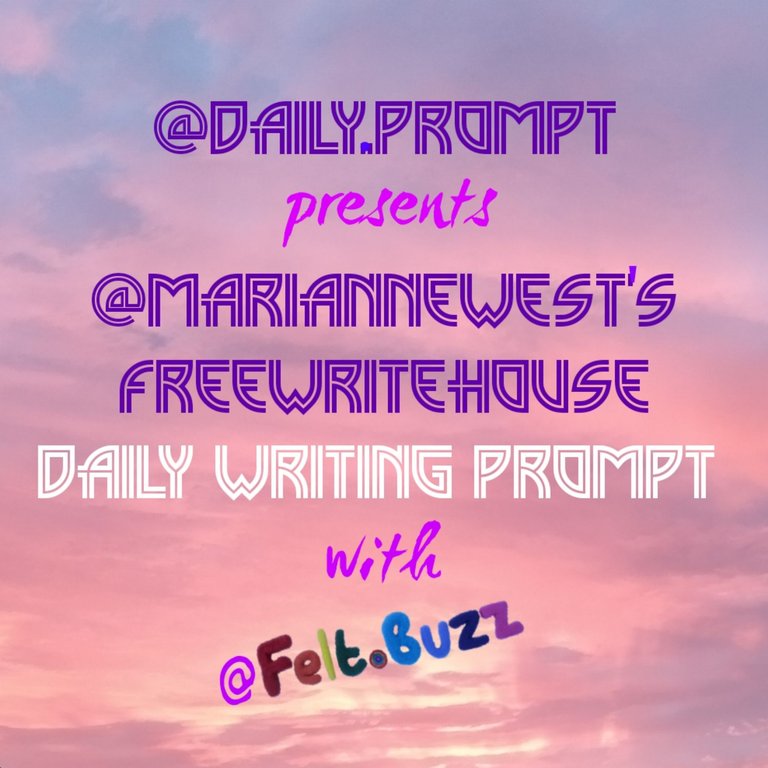Tank Full Of Rain : A Freewrite
I mean, you've, you've hit the nail on the head just in terms of giving children language.And exposure to concepts that they are experiencing anyway. The children are cold, they know cold, but giving them language and and helping children kind of unpack this idea even if the implications they may not always.
Be totally aware of, you know, like for example, what happens when it floods, but we can start to bring language to that and children are are much smarter than we often give them credit for and I think it's an exciting opportunity for the environmental stewardship point that you raise to say the environment is ours let's.Pay for it together. And by doing that, we're creating an ecosystem where the children are looking after the environment that will be theirs. They will inhabit, you know, the the environment the longest out of all of us. And so.Yeah, I think that's very future focused and an investment in, yes, we're talking about it now, but these are children that would be benefiting from talking about water harvesting, you know, because that conversation might come up like when it rains our tanks full up and what happens and why.

Or why are the tanks empty, for example? And those are very real questions that the communities are engaging around.At a district level, let's get the children involved. Children's advocacy. Children's voices are becoming more and more significant to these kinds of issues because often it's the children's voices that are not brought into the conversations.